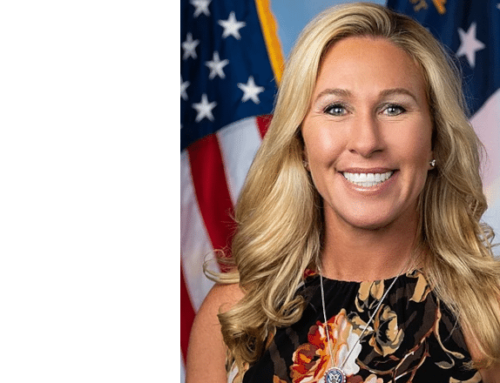Catholic League president Bill Donohue comments on a joint statement by three committees of the United States Conference of Catholic Bishops (USCCB):
Three committees of the USCCB—the Committee for Religious Liberty, the Committee on Domestic Justice and Human Development, and the Subcommittee for the Promotion and Defense of Marriage—have issued a strong statement on three cases before the U.S. Supreme Court on the rights of homosexual and transgender persons.
At issue is whether Title VII of the 1964 Civil Rights Act applies to such persons in the workplace. The bishops make the case that this law does not apply. They are right.
There are two cases that involve the rights of gay employees, and one that involves the workplace rights of a transgender person. While they are not identical, there is one common factor that unites them: the rights being claimed under Title VII of the 1964 Civil Rights Act are nowhere found in that law. This provision makes discrimination based on sex—being a man or a woman—illegal. It says nothing about sexual orientation, never mind so-called gender identity, the claim that the sexes are interchangeable.
The substantive issue at stake—whether an employee whose sexual orientation or “gender transition” to the opposite sex can be seen as disqualifying by the employer—is a secondary issue. The primary issue is one of separation of powers. To be specific, the courts are not empowered to make new laws.
The bishops concentrate their remarks on the meaning of “sex” as defined by the Civil Rights Act. “‘Sex’ should not be redefined to include sexual inclinations or conduct, nor to promulgate the view that sexual identity is solely a social construct rather than a natural or biological fact.” Well said.
Indeed, the status of being a man or a woman—there are only two sexes—is independent of same-sex attraction or the phenomenon of trying to switch sexes (which is a biological impossibility).
The bishops did not duck the religious liberty implications of these cases. “Redefining ‘sex’ in law would not only be an interpretive leap away from the language and intent of Title VII, it would attempt to redefine a fundamental element of humanity that is the basis of the family, and would threaten religious liberty.”
If gays and transgender persons want more rights, they must pursue their claims through the legislature. And they must make those claims without violating the religious liberties of employers. At bottom, their status is tied to their behavior, making comparisons to racial discrimination ludicrous.







